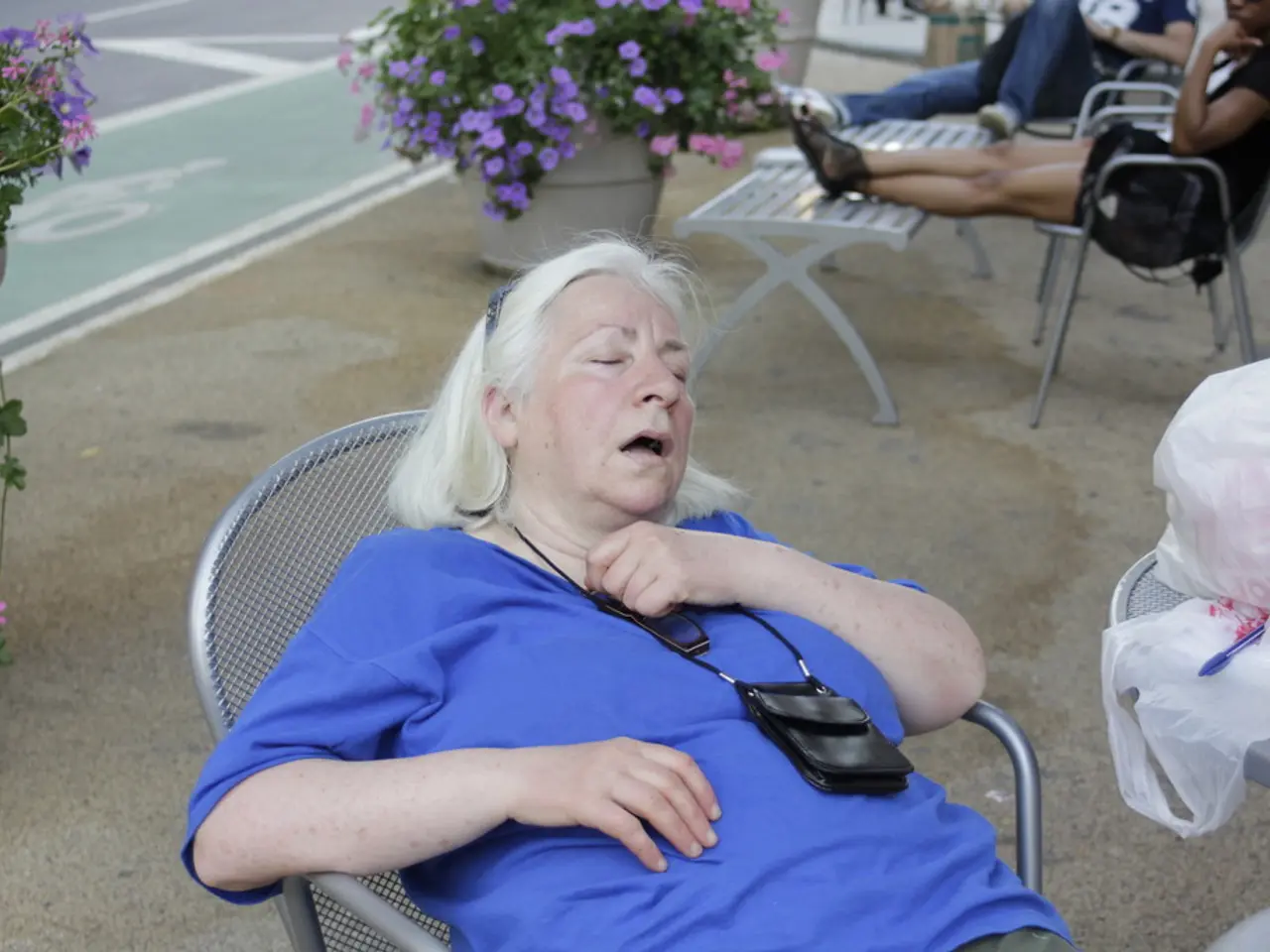Vacation Rest: The Necessity of Bodily "Resets" Explained - It's Not Laziness to Snooze During Time Off
Taking a break from work and daily routines during vacation is an opportunity for rejuvenation and relaxation. However, many people often find themselves gaining weight, experiencing poor sleep, and feeling heavy after their time off. This can be attributed to a sedentary lifestyle, irregular eating habits, and a lack of proper rest.
But a truly restorative vacation requires more than just relaxation. According to health experts, it involves dosing sleep, maintaining a daily routine, engaging in regular physical activity, eating mindfully, and treating vacation as a starting point for new, beneficial habits.
Regular exercise, for instance, is a powerful "anti-stress, anti-anxiety, and anti-depressive" tool. It helps in maintaining physical fitness, boosting mood, and reducing stress levels. Treating vacation as an "isolated relaxation zone" can negate the benefits and even exacerbate burnout.
Oversleeping for a week is not the solution for recovering sleep during vacation. Both chronic sleep deprivation and constant oversleeping are harmful to the nervous system and can cause insomnia. Instead, extended sleep during vacation can improve physical recovery, tissue regeneration, and metabolism regulation.
During holidays, longer sleep durations and fewer disturbances enhance slow-wave sleep, which promotes physical healing, growth hormone release, immune support, and metabolism balance. This comprehensive recovery supports rebuilding energy reserves and maintaining immune defenses, which are often impaired by chronic stress and insufficient rest.
Deep sleep stages during extended rest are linked to increased growth hormone secretion, which stimulates tissue repair and muscle growth. Sleep also regulates hormones that control hunger and insulin sensitivity—ghrelin, leptin, and cortisol—thus reducing inflammation, preventing weight gain, and enhancing metabolic health.
In addition, physical recovery is enhanced because rest days and adequate sleep allow muscles to repair microdamage from exercise or daily strain. This reduces injury risk and strengthens tissue, making extended vacation sleep important for active individuals as well.
In summary, extended sleep during vacation acts as a biological reset, enabling physical and metabolic restoration by improving sleep quality, balancing hormones, enhancing tissue regeneration, and supporting overall metabolic regulation. So, the next time you plan a vacation, remember to prioritize sleep and physical activity alongside relaxation to truly reap the benefits of your time off.
References:
[1] Buxton, O. M., et al. (2012). The role of sleep in tissue repair and regeneration. Nature Reviews Neuroscience, 13(2), 115-126.
[2] Irwin, M. R., et al. (2019). Sleep, stress, and disease: a review of neuroendocrine, autonomic, and behavioural interactions. Sleep Medicine Reviews, 42, 1-17.
[3] Skovgaard‐Petersen, N., et al. (2018). The role of sleep in muscle recovery. Sports Medicine, 48(1), 1-13.
[4] Walker, M. P. (2017). Why We Sleep: Unlocking the Power of Sleep and Dreams. Scribner.
Science highlightes the importance of prioritizing sleep during vacations for overall health-and-wellness. Regular physical activity, proper sleep, and mindful eating promote rejuvenation, physical fitness, and reduce stress levels. Furthermore, extended sleep can enhance metabolic health, support tissue regeneration, and improve immune functions, making it a crucial component of a truly restorative vacation.




